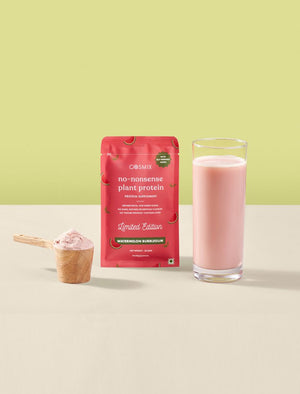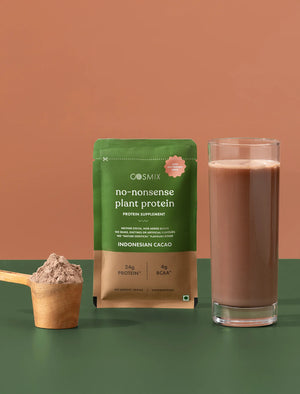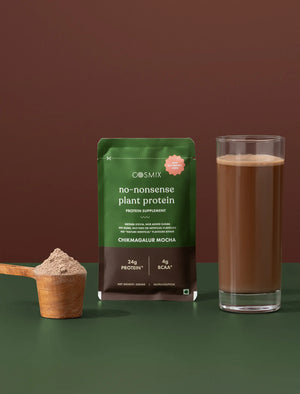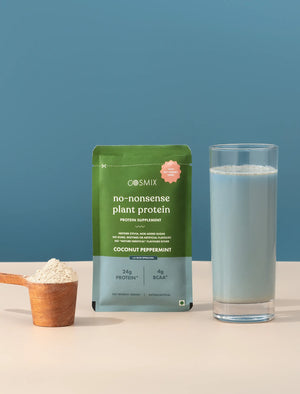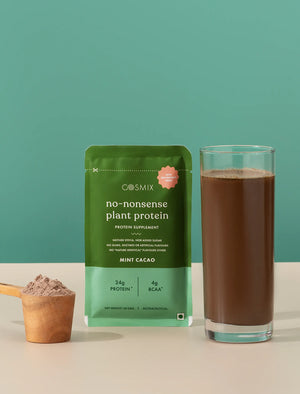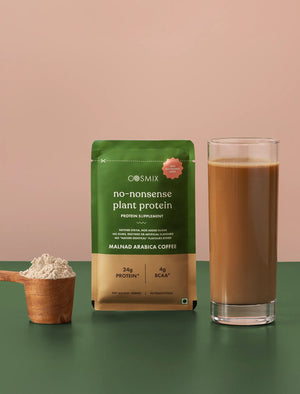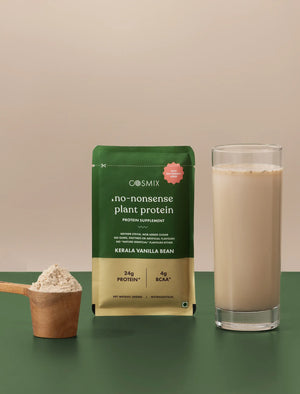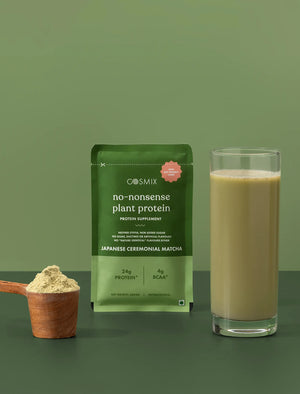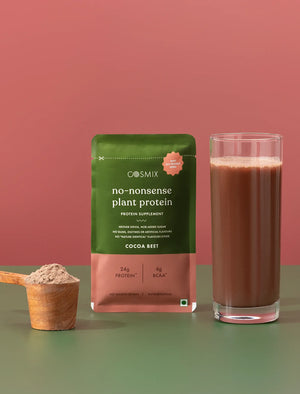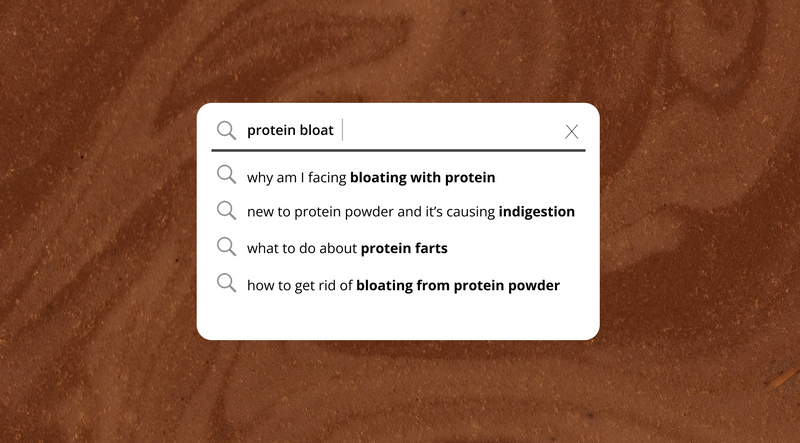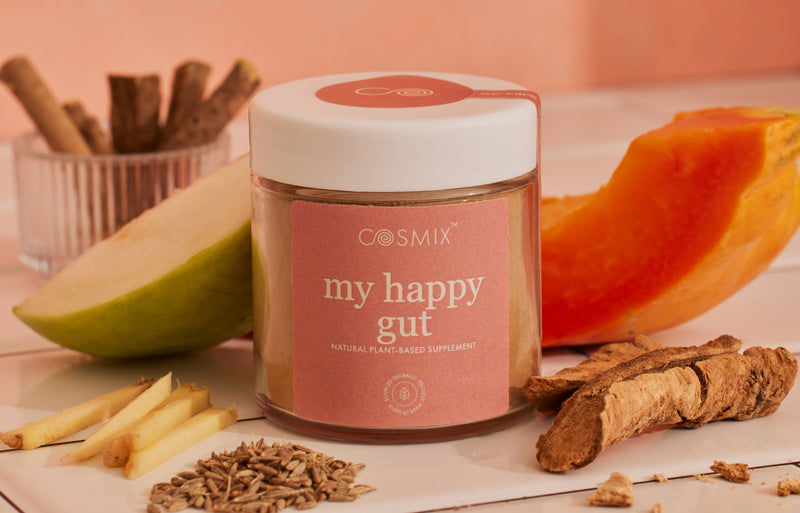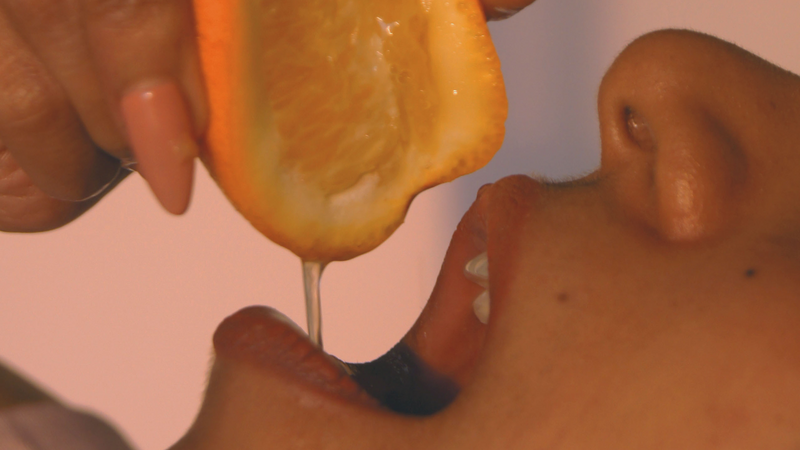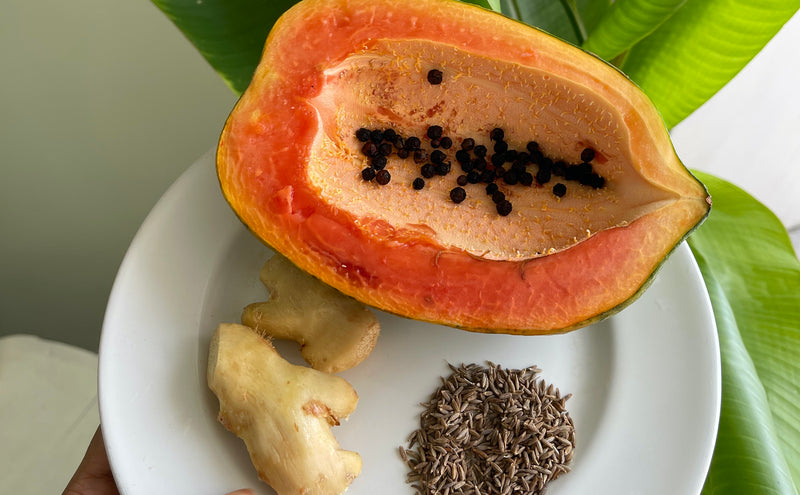The idea that we might be deficient in a flavour sounds almost bizarre, doesn’t it? We’ve heard about being deficient in Vitamin D and magnesium but imagine the doctor telling you that you need to have more sweet/salty food. Well, that sounds like a dream but turns out the flavour that most of us might be deficient in is actually “bitter”! This one missing flavour - bitterness - could be at the root of many common health struggles that we all face today.
Bitters have been an integral part of traditional diets for centuries, especially in the form of wild leafy greens, roots, and herbs. Yet, in modern diets, the bitter taste is almost entirely absent. This absence might be contributing to digestive sluggishness, nutrient deficiencies, and even emotional imbalances.
Let’s explore what’s being called “Bitter Deficiency Syndrome” and how the revival of bitters in our diet can help restore balance.
Bitterness: More Than a Flavor
The “Bitter Deficiency Syndrome” was first coined by herbalist, James Green, who wrote in the Male Herbal, "It is my opinion that the nearly complete lack of bitter flavored foods in the overall U.S. and Canadian diet is a major contributing factor to common cultural health imbalances such as PMS, other female and male sexual organ dysfunctions, hormonal imbalances, migraine headache, indigestion, liver and gallbladder dysfunction, abnormal metabolism, hypoglycemia, diabetes, etc."
In herbal medicine, a plant’s flavour is much more than just a taste. Bitterness is like the plant’s voice, communicating its medicinal properties directly to our bodies. When we taste bitter herbs or foods, we’re not just experiencing a flavor, we’re actually unlocking a host of health benefits, particularly for the digestive system.
Bitters stimulate digestive secretions, starting from the moment they touch the tongue. This triggers saliva production and sets off a chain reaction in the digestive tract, helping us break down and absorb nutrients more effectively. They increase the secretion of stomach acids, bile, and enzymes, all of which are crucial for proper digestion.
In fact, if you’ve ever experienced symptoms like bloating, indigestion, constipation, or even sugar cravings, it might be right to think that bitters are not a remedy for these digestive problems but instead a lack of bitters is what causes these digestive concerns in the first place.
The Digestive Role of Bitters
When we taste bitterness, our body responds immediately by boosting digestive secretions. Here’s a quick breakdown of how bitters support digestion:
- Saliva production increases to help break down starches and fats right in the mouth. (Did you know that there actually 25 different bitter taste receptors on our tongues!). This triggers a chain reaction throughout our digestive tract.
- Stomach acid levels rise as bitters stimulate the secretion of the hormone gastrin, which regulates the production of gastric acid. This helps to break down proteins and carbohydrates while freeing up essential minerals for absorption.
- Bile and pancreatic enzymes are stimulated, improving the digestion of fats and oils and helping prevent conditions like gallstones or fatty liver.
These processes are often deficient in modern diets, where bitters are largely absent, leading to digestive discomfort and nutrient malabsorption.
Beyond Digestion: The Emotional and Metabolic Impact
Bitters do more than aid digestion. There’s increasing evidence that they have a positive impact on mood, cravings, and metabolic health.
When our digestion is sluggish, our gut’s ability to produce essential mood-regulating neurotransmitters, like serotonin, is compromised. Since a significant portion of serotonin is produced in the gut, poor digestive health can contribute to feelings of anxiety or depression.
Additionally, bitters help curb sugar cravings. Interestingly, our body’s craving for sweets may actually be a misdirected craving for bitters. Historically, even sweet foods, like sugarcane or licorice root, contained bitter elements that modern, highly refined versions lack. By reintroducing bitters, we can balance these cravings naturally.
Introducing Bitters into Your Diet: Healing Starts with the Taste of Bitter
Reclaiming bitters in your diet doesn’t mean you need to eat spoonfuls of dandelion root or suffer through unpalatable meals. Here are some easy ways to get started:
- Bitter greens: Add arugula, watercress, or mustard greens to your salads or stir-fries. These are nutrient-dense and will introduce a mild bitterness to your meals.
- Vinegar-based dressings: Acids like apple cider vinegar not only make bitter greens more palatable but also aid in mineral absorption.
- Herbal teas: Herbs like chamomile, licorice dandelion root make for excellent digestive teas. A small cup before meals can help awaken your digestion. We’ve added some of these herbs in our My Happy Gut blend!
Incorporating bitters into your daily routine may feel strange at first, especially if you’re not used to the flavor. But soon, your body will recognize the importance of this missing flavor. You might find that those sugar cravings reduce, your digestion improves, and even your mood feels more grounded. Healing doesn’t always come in the form of another supplement or restrictive diet. Sometimes, it’s as simple as reintroducing a flavor we’ve forgotten but desperately need.
So, the next time you feel sluggish, bloated, or crave something sweet, consider this: maybe your body is just craving a little bitterness. Embrace the flavor, and let the healing begin.













